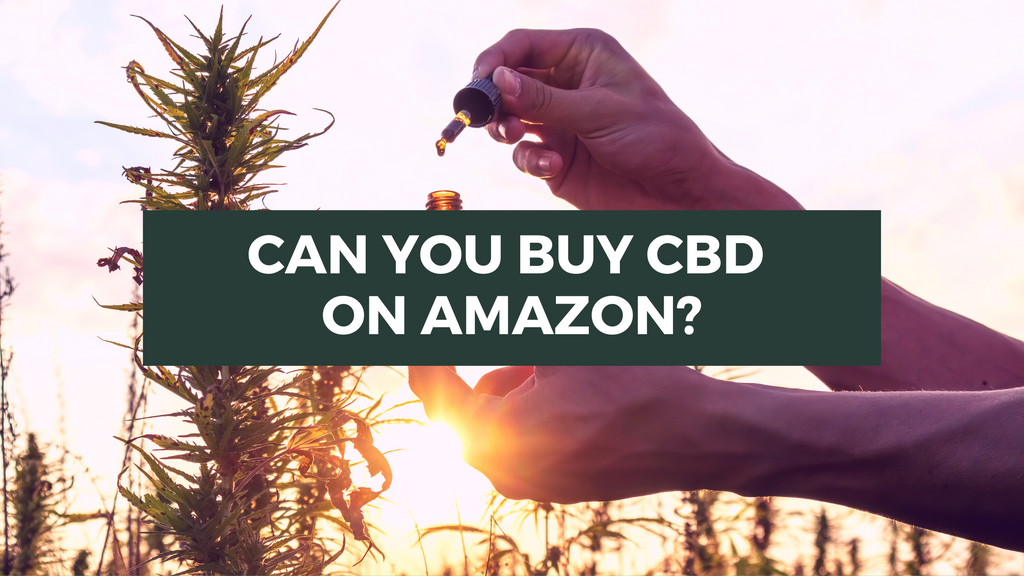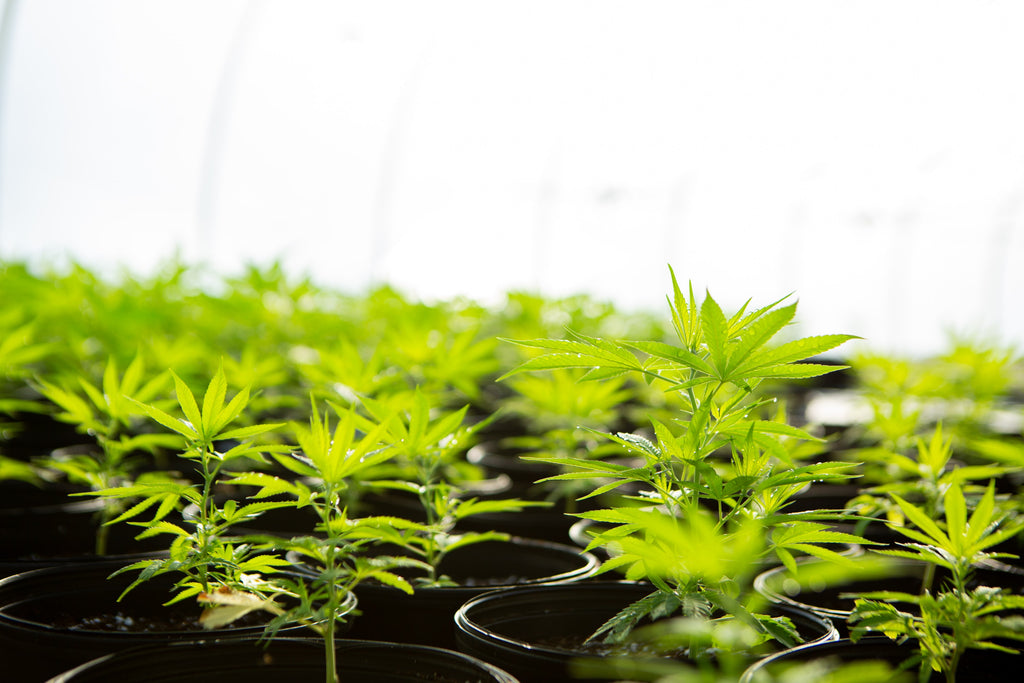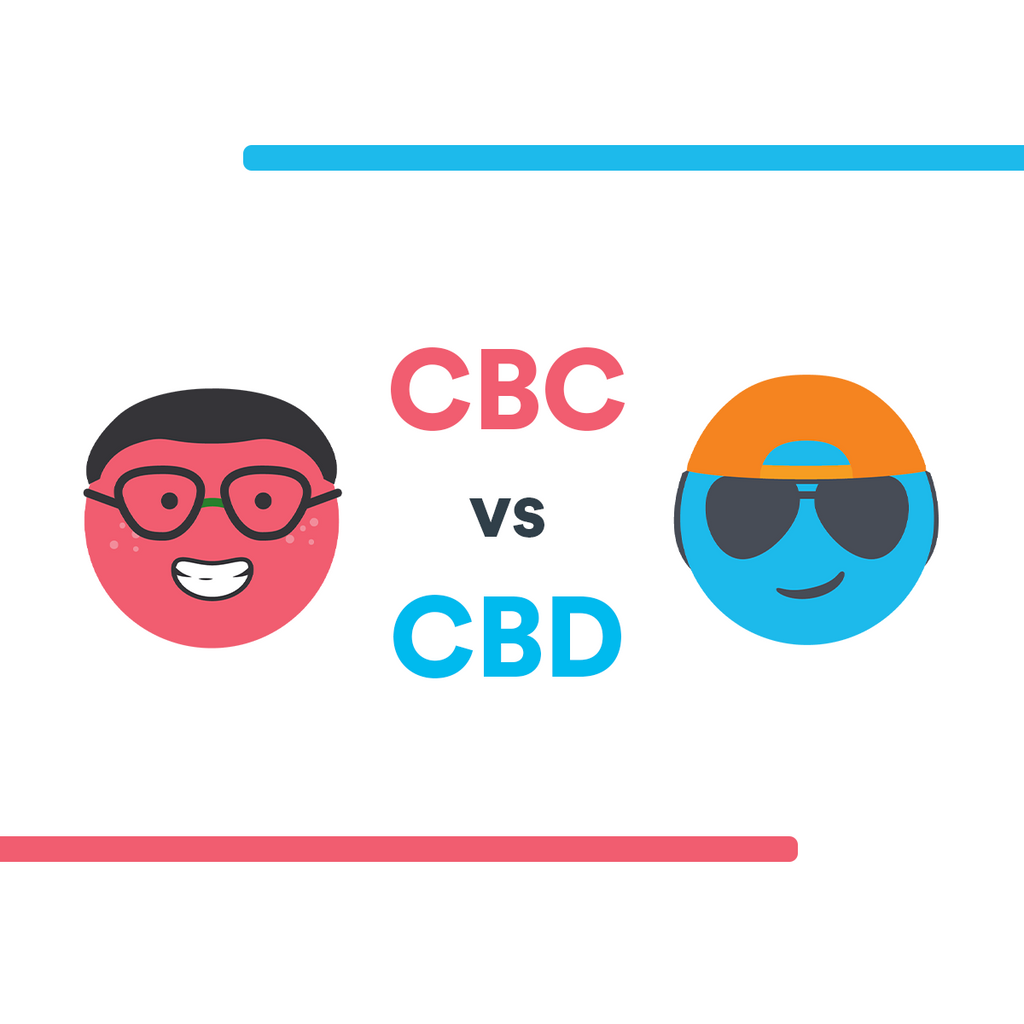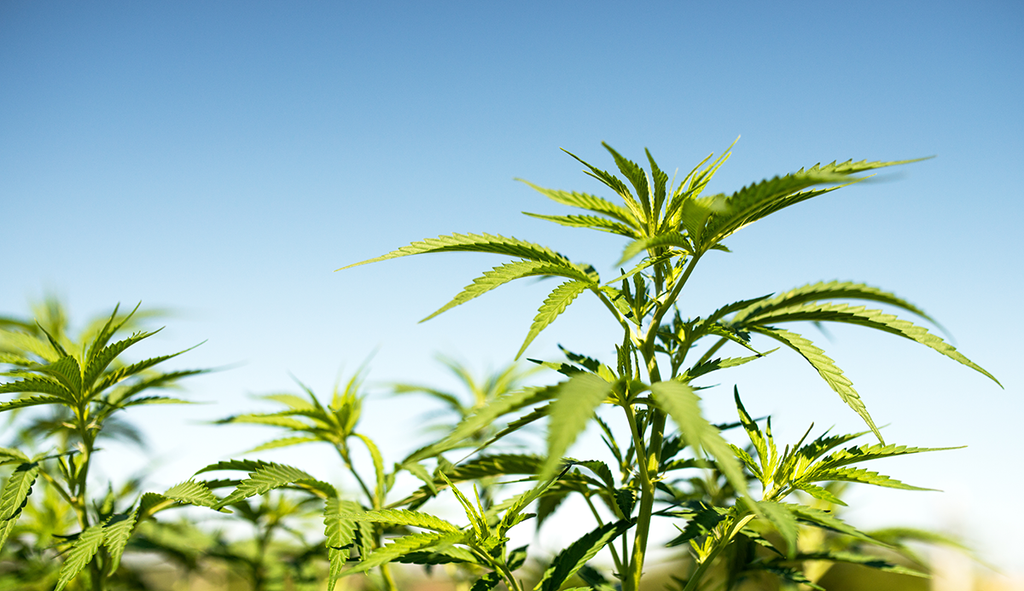-
Where To Buy CBD Oil in Indiana?
CBD is everywhere now, thanks to the 2018 Farm Bill legalizing hemp and its derivatives for the first time in over 40 years. Yet even with federal approval, some states are still working to catch up on their own legislation and a couple, in particular, have been dragging their feet. The Indy Star published an article last December titled “CBD flower is legal in... -
Can You Buy CBD on Amazon?
These days you might expect to find just about anything on the virtual shelves of Amazon. But you know what you won't find? Reliable CBD. Here's why... -
All About THCv
Did you know that over 100 unique cannabinoids have already been discovered within the cannabis plant? A lot of people are pretty familiar with the headliners, THC and CBD, but far fewer have even heard about most of the so-called minor cannabinoids. However, with more research examining the potential therapeutic effects of the cannabis plant as a whole, we’re learning a good amount about... -
All About CBC
With the growing popularity of CBD and hemp extracts, cannabis research has picked up over the past decade. As research into hemp and cannabinoids continues, scientists are uncovering more about their properties and interactions within the body. One of these cannabinoids that’s gaining increased attention is cannabichromene (CBC). CBC is one of the most abundant cannabinoids found in the hemp plant. It’s directly synthesized... -
What’s The Big Deal With California Bill AB 45?
The hemp industry has scored a big win this week! California Governor Gavin Newsom has signed Assembly Bill 45 into law, expressly legalizing the retail sale of hemp-derived compounds in food, beverage, wellness products, cosmetics, and pet products in the state of California. The biggest impact of this bill is that it immediately and significantly reduces the risk of local and state enforcement action... -
Everything You Need to Know About CBG
CBG has been taking the cannabinoid world and search engines by storm. From questions like, “is CBG more effective than CBD?” to “how much is CBG worth?” it’s clear that this mother of all cannabinoids has piqued the interest of many. So what is it about this cannabinoid that has been garnering so much attention? Bluebird delves a little deeper in today’s blog. What Science...















